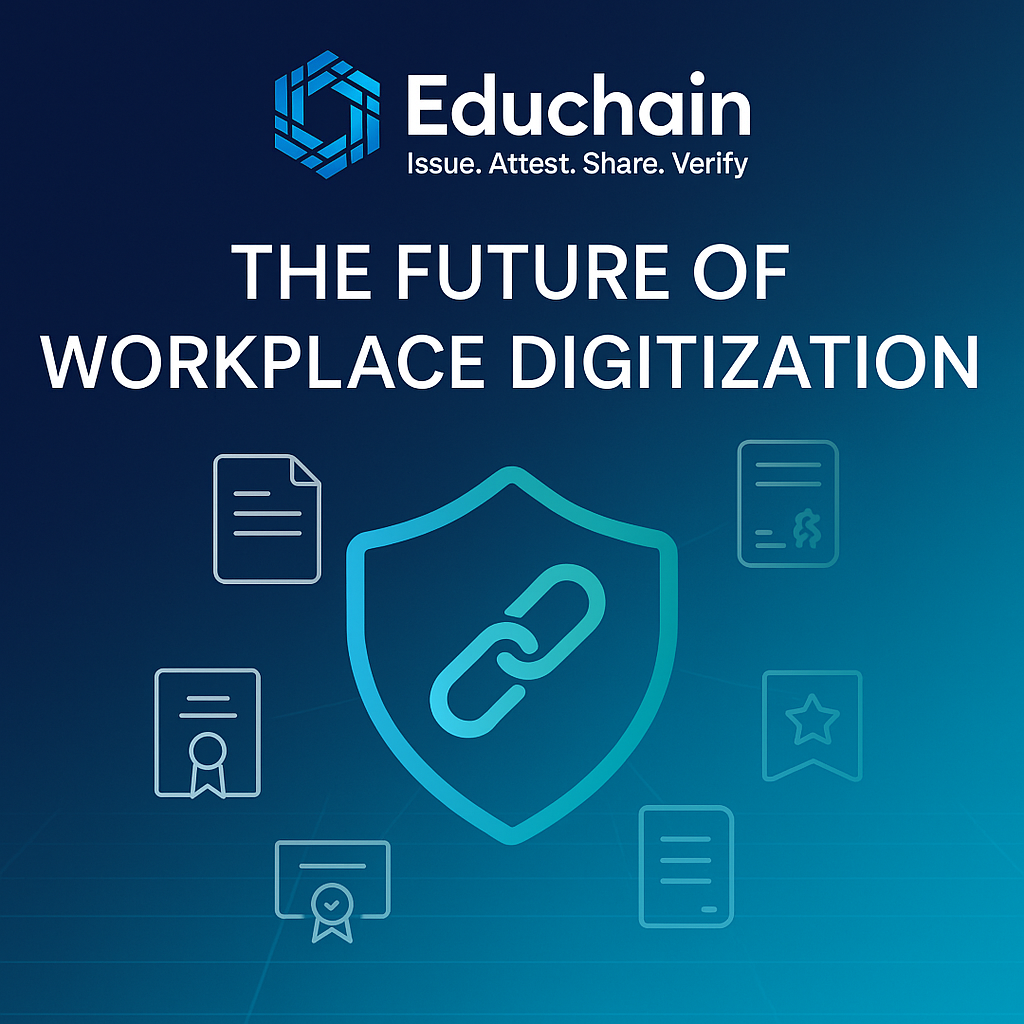
The Future of AI Needs More Women at the Helm
Ergul Hemmingsen, Chief Human Capital Officer, Core42, talks women in AI
Artificial Intelligence (AI) and cloud computing are redefining industries, fueling innovation, and transforming economies. But as these technologies shape the future, a crucial question remains: Who is shaping them?
AI and cloud must be built by diverse minds - ones that bring different perspectives, experiences, and expertise to ensure that the digital world is inclusive, ethical, and representative. Women hold just 22% of AI-related roles globally and a mere 16% of senior executive positions, according to the report by World Economic Forum. Despite the growing pipeline of female talent, systemic barriers—from unconscious bias to a lack of visible role models—continue to hinder progress.
This year’s International Women’s Day urges us to accelerate action for gender equality. The momentum is real; at Core42, we are seeing more women than ever applying for AI and cloud roles. But enthusiasm alone isn’t enough. Women must not only enter these fields but also be empowered to thrive and lead within them.
The Reality of Women in AI and Cloud
The push for gender diversity in AI and cloud is not just about fairness; it’s a strategic and economic imperative.Research consistently shows that diverse teams make better decisions, drive stronger financial performance, and spark greater innovation. While more women are entering these fields at junior levels, leadership opportunities remain limited, emphasizing the need for structured career pathways, sponsorship programs, and visibility initiatives.
Beyond representation, the gender gap in AI has deeper implications. AI systems are only as fair as the data they are trained on, and studies including those from UN Women, show that male-dominated datasets often reinforce biases in hiring, healthcare, and financial services. Without diverse representation in AI development, we risk embedding inequality into the very technologies meant to serve humanity.
Why Gender Diversity in AI and Cloud Matters
Diversity in AI isn’t restricted to fairness; it’s a catalyst for smarter, more effective AI. When AI is built by homogeneous teams, it inherits their blind spots. Research consistently shows that diverse teams drive better financial performance, enhance innovation, and improve decision-making. Gender-balanced AI teams are also critical to reducing algorithmic bias and ensuring that AI solutions serve all communities equitably.
At Core42, we believe that diversity fuels innovation and also drives results. We are committed to diversity through targeted hiring, structured career development, and strong academic partnerships that encourage more women to pursue careers in AI. We also believe that one of the most powerful tools for change is mentorship and sponsorship. I am personally invested in mentoring women both within our organization and beyond, ensuring they have the guidance, visibility, and support to advance into leadership roles.
Beyond mentorship, we have also launched reskilling initiatives to help women from adjacent industries transition into AI and cloud by equipping them with the technical skills needed to succeed. Many women already possess critical thinking, analytical, and problem-solving skills - our role is to provide the opportunities that translate those strengths into high-tech careers.
Shaping the Future
The increasing interest from women in AI and cloud is promising, but interest alone is not enough. As this year’s International Women’s Day theme suggests, we must create real opportunities - opportunities for women to grow, lead, and drive the future of AI. This means setting clear diversity targets, holding each other accountable, and breaking down stereotypes that discourage women from pursuing careers in technology. It also requires collaboration between businesses, governments, and educational institutions to create policies that drive systemic change rather than one-off diversity initiatives.
The future of AI and cloud is being shaped today. To build a truly intelligent and inclusive digital world, we must ensure that diverse voices are at the helm of this transformation. Women are not just participants in this journey; they are leaders, innovators, and changemakers who will define the next chapter of AI.

 EN
EN AR
AR HI
HI ES
ES FR
FR DE
DE











